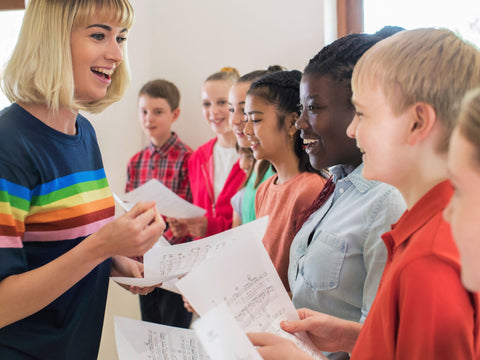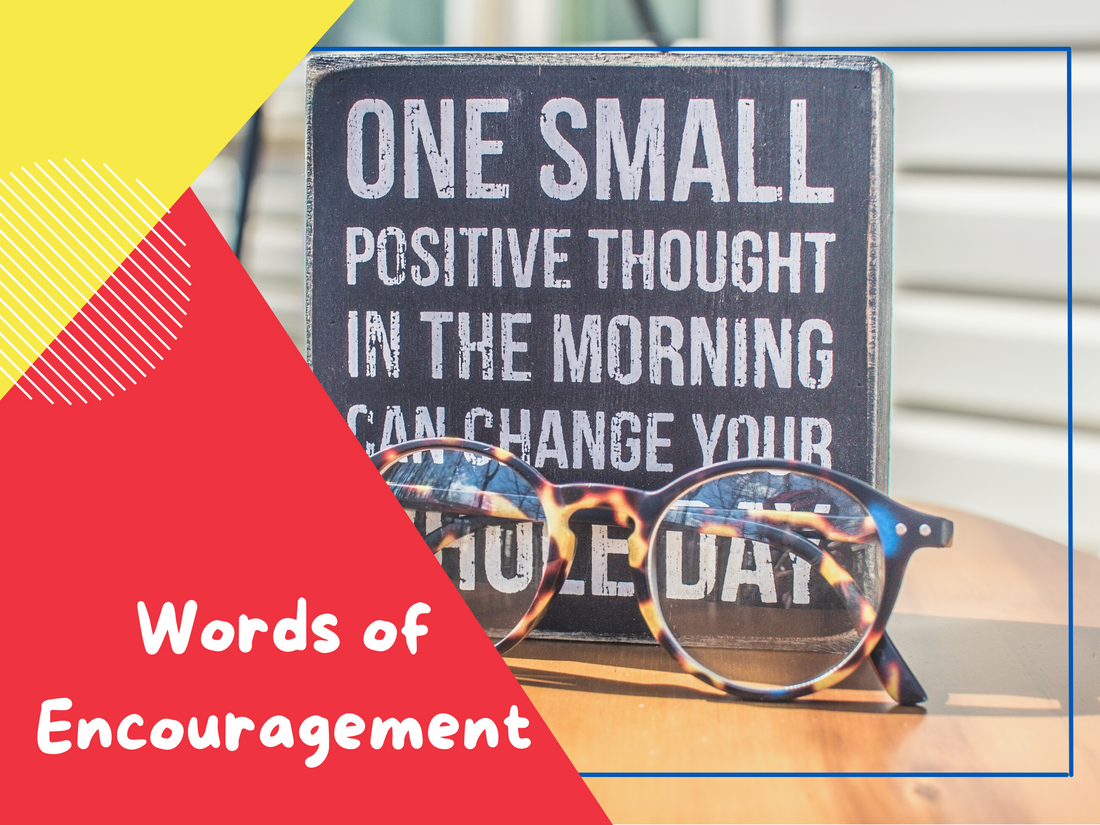Words of Encouragement for Kids
Have you ever been around someone who always uses positive words? On a fall day that some might express as wet and dreary, a positive person would say the muted light heightens the rich fall colors.
Can you feel the energy difference in these two examples? Wet and dreary versus rich fall colors. Saying wet and dreary brings dark thoughts that are damp and gloomy. Whereas saying, muted light and rich fall colors bring thoughts of color, exploration, experimentation, and excitement.
Words have positive and negative energy attached to them. Kids and students can hear and feel the difference. Children will attach a positive or negative emotion to the word's adults say to them.
“Words have weight, sound, and appearance.”
William Somerset Maugham, English playwright, novelist.
Use positive words when talking to your students. Positive Encouragement will keep them investigating and trying new things. Positive words will surround your students with positive energy to fuel their learning experiences.
As parents and teachers, the best thing we can do for our young children is to help them feel good while associating learning with positive energy, growth, and joy.

Positive, Encouraging Phrases
To promote a growth mindset in children, use encouraging words that focus on the effort made by each child.
- What a fun color for your dragon. I love purple.
- You worked hard on that.
- I can see you thought hard about this.
- I love to see you smile.
- I enjoy watching your face when it crinkles like that. I can tell you are thinking really hard.
- I can’t wait to tell your parents how hard you worked on this.
- I am impressed with your effort.
- What do you think?
- Let’s take a break from the brain work. Goofy face time.

Words for kids Who are Experiencing a Bad Day
A bad day is a normal part of living. Acknowledging what makes a child feel bad helps them process their emotions. It helps them feel your concern. Using positive words will help a student move past the bad moment to recognize it doesn’t define them. Positive words will teach them resiliency and perseverance.
- What happened?
- How does that make you feel?
- How could you make it better?
- Tell me something good that happened today.
- Don’t give up. You can do it.
- I’ve seen you do hard things before. You can do this.
- Mistakes happen. It’s part of learning.
- Tomorrow is a brand-new day. You can start over.
- Often the hard things turn out to be the best.

Positive, Gratitude Phrases
Expressing gratitude to children helps them receive positive attention and naturally encourages them to work harder. Do not manipulate with gratitude phrases. Expressing gratitude should be an honest acknowledgment of their effort to engage in the learning process which includes learning life skills like constructive interaction with others.
- I enjoy spending time with you.
- You make me smile.
- Thanks for helping me today. I appreciate it.
- Thanks for being patient with me.
- I saw how hard you worked to be quiet while I talked. Thank you for being respectful.
- Thank you for waiting for your turn.

Positive Impact of Body Language
How you say words to kids is just as important as what you say. Seek to communicate with positive body language. Giving a fist bump when saying, “Good Job!” creates more encouragement for kids than just saying the words.
I found body language the only way I could get one eleven-year-old student to engage in our classroom. She was very unhappy with her family’s move into the area. For the first few weeks, she sat in her chair with her back turned. She was intelligent and did her work, but she wouldn’t speak to me or her classmates.
One day, I returned her paper with a smile, a quiet “Good Job,” and a fist held up to be bump. She took her paper and shook her head, “NO.” I responded, “Come on. You worked hard on this, and I appreciate your effort. At least, give me a finger bump, please.” I held up my index finger. She smiled shyly, raised her finger, and barely bumped mine.
She responded to feeling unique and included. The finger bump became our communication style, and she began engaging in our classroom.
Positive energy is readily communicated with a simple gesture like a smile that lights up your eyes, a bounce in your step, a pat on the back, or a baby finger bump. Body language is very motivational for children.
Positive energy communicated in your words and body language will have an enormous impact on your students and their attitudes towards learning, perseverance, and life. Their futures are bright. Positivity is contagious. Pass it on.
Article by Miss Jae
Sources:
“50+ Words of Encouragement for Kids and Students.” Bilingual Kidspot. https://bilingualkidspot.com/2018/12/19/words-of-encouragement-kids-students/
Williamson, Tina. “101 Encouraging Words for Kids: Powerful Positive Things to Say to Kids.” Mindfulmazing. 2020. https://www.mindfulmazing.com/101-encouraging-words-for-kids-powerful-positive-things-to-say-to-kids/
“The Power of Positive Words.” Inspire Good Vibes. https://inspiregoodvibes.com/blogs/news/the-power-of-positive-words-words-have-energy-that-can-effect-you-positively-or-negatively
The content of Teacher Power’s website is for information only, not advice or guarantee of outcome. Information is gathered and shared from reputable sources; however, Teacher Power is not responsible for errors or omissions in reporting or explanation. No individuals, including those taking Teacher Power products, should use the information, resources or tools contained within to self-diagnosis or self-treat any health-related condition. Teacher Power gives no assurance or warranty regarding the accuracy, timeliness or applicability of the content.

